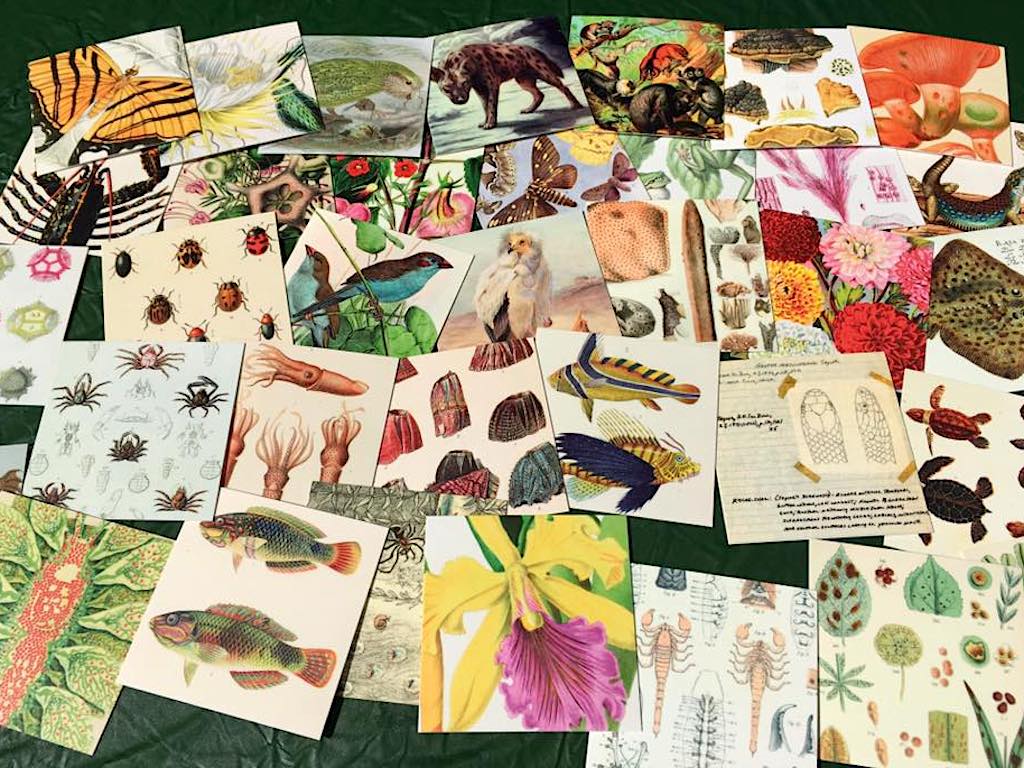3 Mins Read
In an effort to educate more people about protecting wildlife and biodiversity, the Biodiversity Heritage Library boasts more than 180,000 illustrations of plant and animal species on earth, alongside 55 million pages of scientific studies and research collected from all around the world. Dubbed as the world’s biggest open-access digital archive dedicated to the planet’s wonderful biodiversity, the Library hopes that it will bring about more global collaboration to fight the ongoing climate emergency.
Biodiversity Heritage Library showcases thousands of animal and botanical sketches, diagrams and illustrations alongside a huge collection of literature, some dating back to the 15th century. Right now, over 180,000 high-resolution images are now available for everyone to download for free on its Flickr database.
One of the highlights is a digital version of The Zoological Sketches, two volumes of Joseph Wolf’s lithographs of wild animals living in Regent’s Park in London. These art pieces were originally created in the mid-19th century.

Other free nature images to explore on the site include the Zhuki Rossii i zapadnoĭ Evropy, created between 1905 and 1915 authored by Russian entomologist Georgii Georgievich Iakobson, which depicts a diverse colony of beetles from Russia and Europe and is available on the platform thanks to the Natural History Museum in London.
In addition to illustrations, the library provides users with a number of educational tools, including a searchable feature for species by taxonomy or options to view online discussions about books and articles in the archive. The public domain is regularly updated and growing, and the organisation now plans to upload the field notes from the Smithsonian Institution Archives and Libraries, as well as the National Museum of Natural History.
Users who may be adverse to dig through the digital archive via Flickr can try the Library’s Instagram page, @biodivlibrary, where snapshots and captions are posted on the daily.
The aim of building the “biodiversity commons” is to inform more people to understand and appreciate nature’s biodiversity and encourage conservation efforts. From wildlife species to rare botanical ecosystems and habitats, a healthy and biodiverse system helps make earth habitable for humans, providing food and reducing the impact of natural disasters.
Over the past decades, due to rapid urbanisation, pollution, forest logging, snaring and hunting, mass biodiversity loss has become a major environmental threat. Scientists have long warned that reduced biodiversity will pose an immediate danger to our food security, resilience to more frequent climate-related disasters and ultimately, life on earth for humanity.
Biodiversity loss is also related to the current Covid-19 pandemic. According to a team of the world’s leading experts, the combination of global air travel, unsustainable urbanisation and industrial livestock farming has created a “perfect storm” for haunting disease outbreaks. They added that if we do not halt the destruction of nature, we may be looking at more deadly and destructive pandemics to come.
It is still possible to appreciate and protect biodiversity in urban areas, contrary to popular belief. Hong Kong, for instance, is one of the most biodiversity-rich urban cities in the world, and in the latest City Nature Challenge held by community science app iNaturalist saw Hong Kong lead the charts for the top city in Asia for the number of biodiversity observations.
All images courtesy of Biodiversity Heritage Library.




